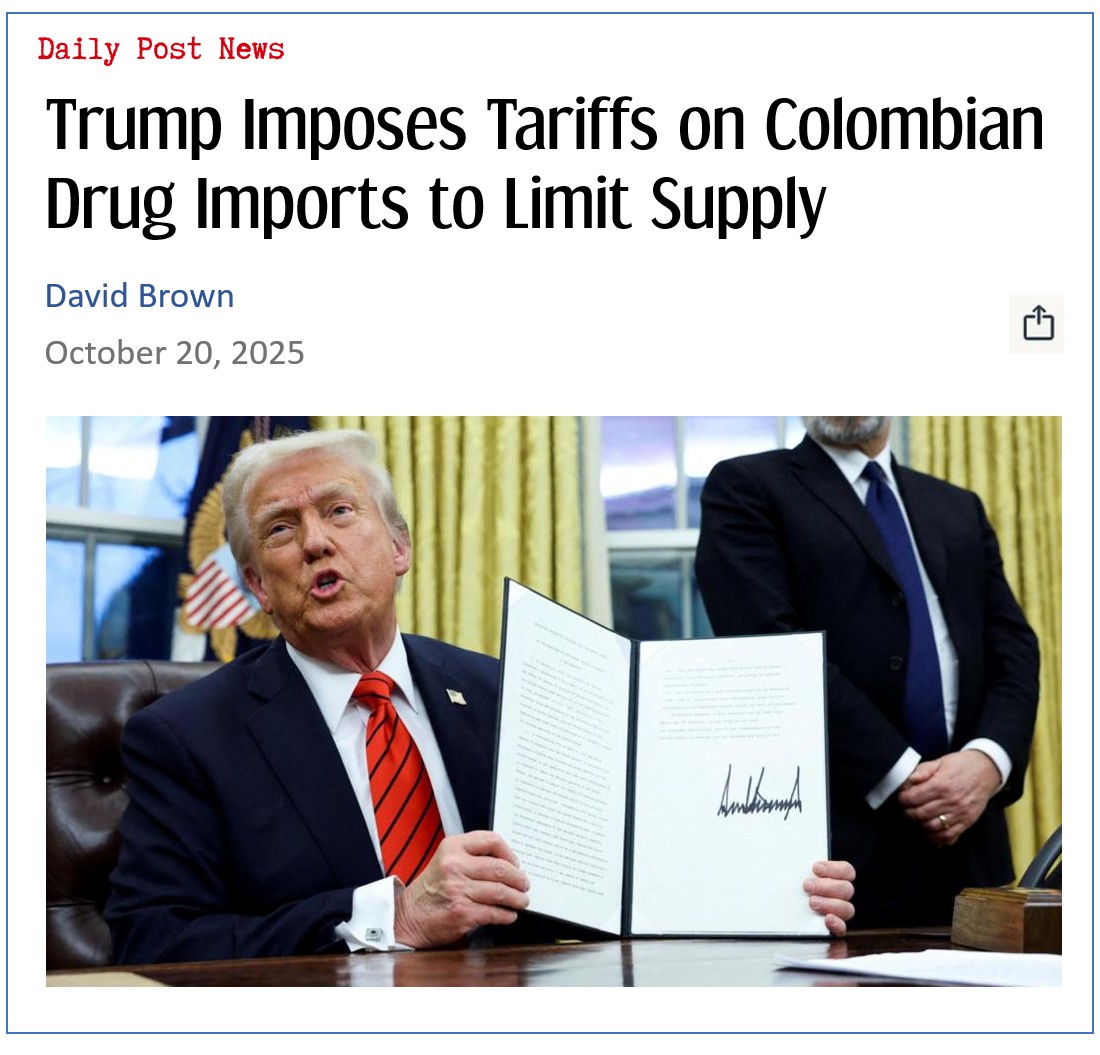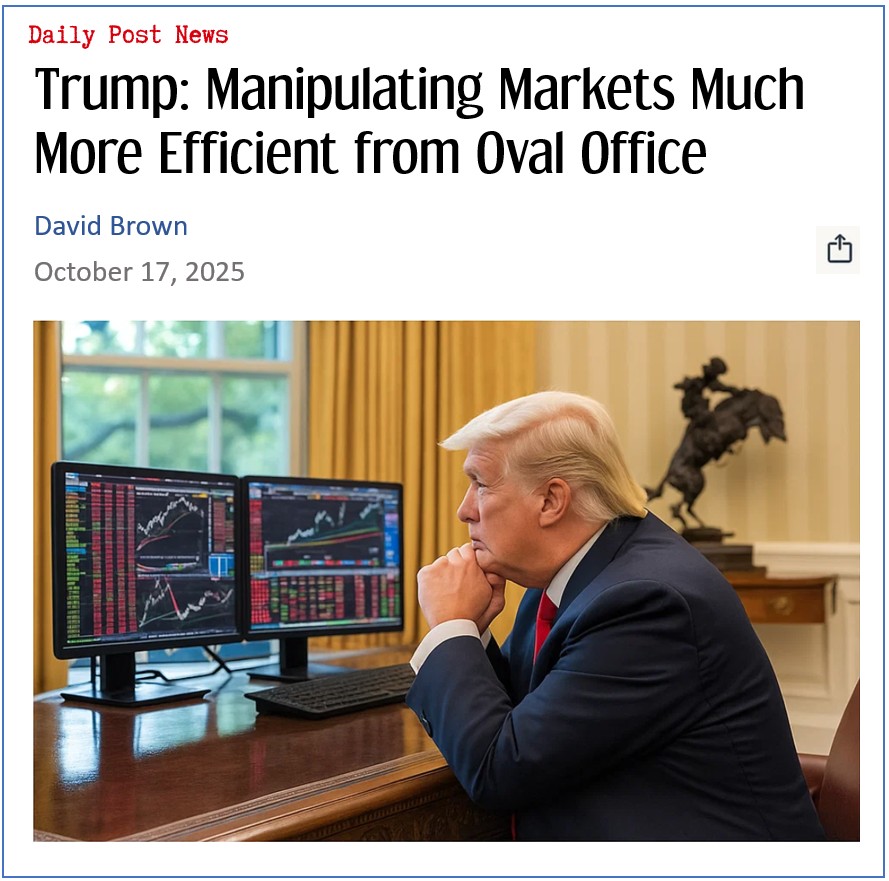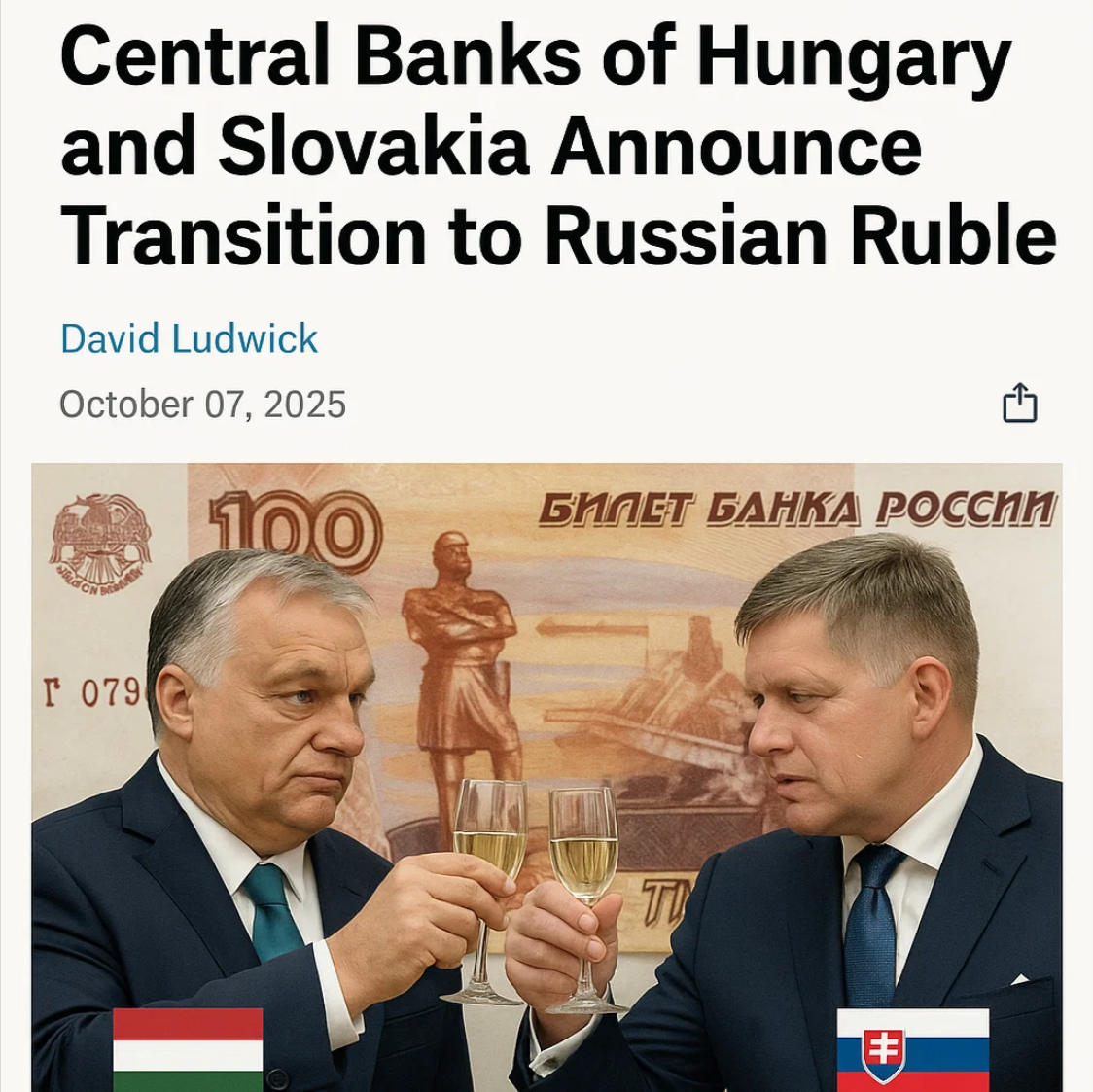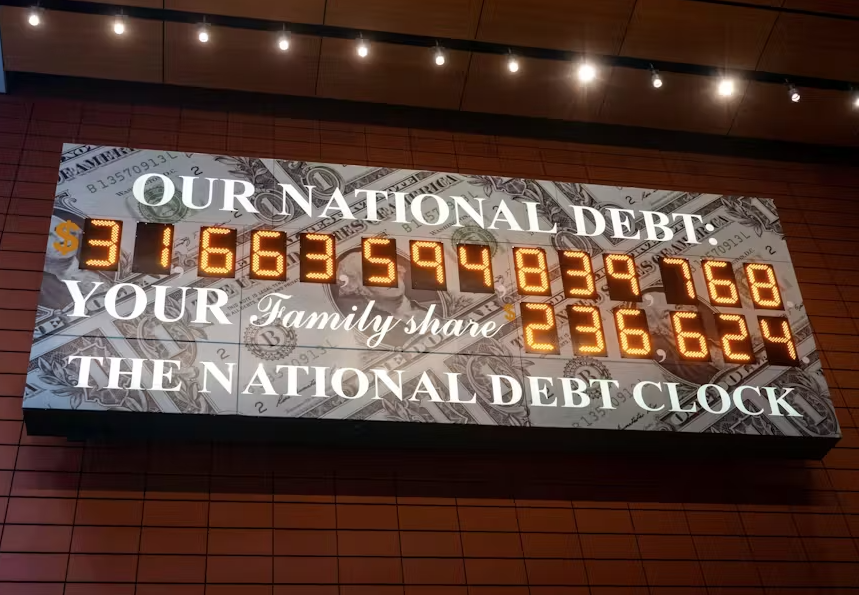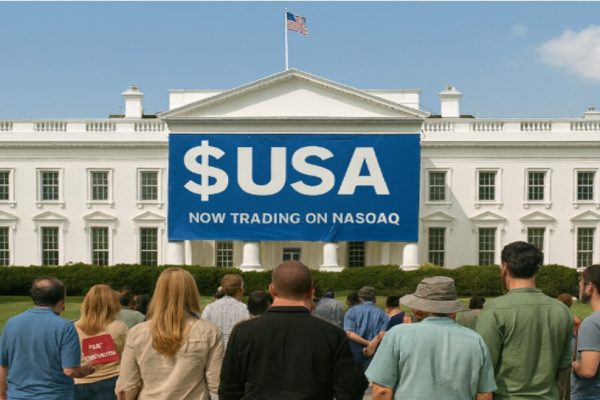
Trump anuncia un plan para convertir a Estados Unidos en una corporación pública con acciones para los ciudadanos.
Washington, D.C. — En un anuncio histórico, el presidente Donald Trump reveló hoy su plan para convertir a Estados Unidos en una corporación pública. La nueva entidad se llamará “United States Incorporated”. Trump afirmó que la idea surgió de su larga experiencia dirigiendo empresas exitosas. Explicó que cada ciudadano estadounidense recibirá 100 acciones…



